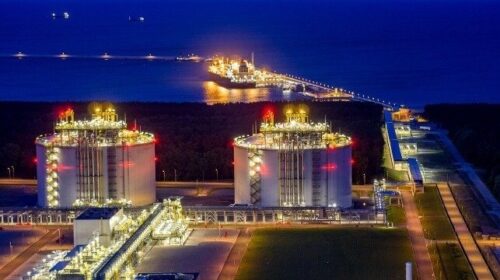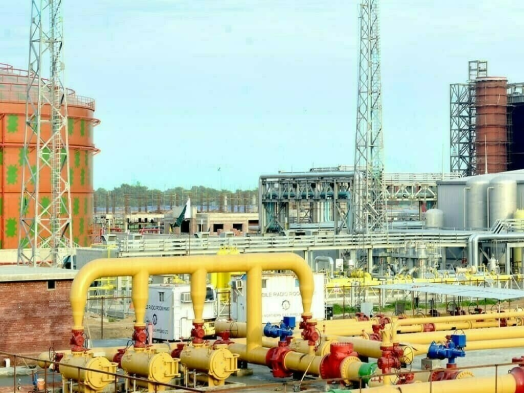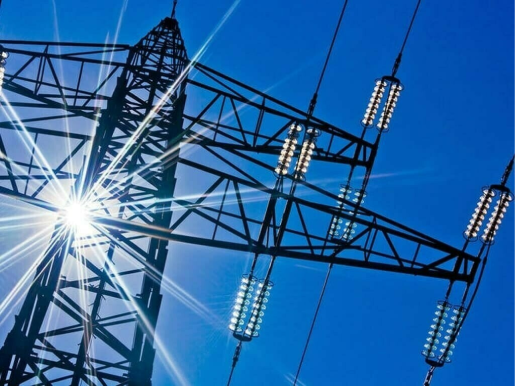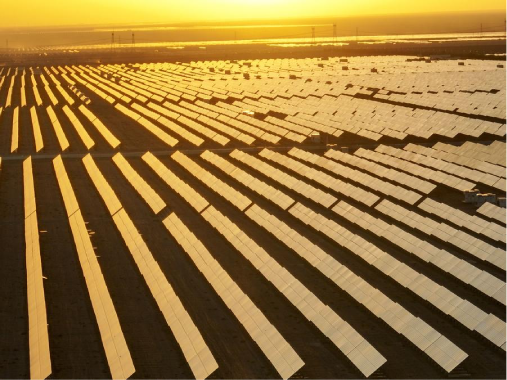Asian spot liquefied natural gas (LNG) prices jumped this week, tracking a rise in European gas prices, on further market tightening as an extended shutdown at a U.S. export plant prompted buying by Japan and South Korea.
The average LNG price for August delivery into north-east Asia was estimated at $36.50 per million British thermal units (mmBtu), up $13.00 or 55.1% from the previous week, industry sources said.
Freeport LNG, the operator of one of the largest U.S. export plants, said on Tuesday that last week’s fire damage to its Texas plant would keep it fully offline until September with only partial operation through year-end.
“This has caused Japan Korea Marker (JKM) prices to rise into the mid $30s, with some spot offers creeping up to around $38. TTF (Dutch gas) is showing a premium and no doubt we will shortly be seeing rates starting with 4,” said Toby Copson, global head of trading and advisory at Trident LNG.
The JKM is widely used as a spot benchmark in bAsia.
LNG supply be used more efficiently instead of enhancing import: report
“The main players must be thinking about the obvious competition with Europe, peak summer temperatures and strategies to hedge winter high prices in the aforementioned tight market,” he said.
In Europe, a further decline in Russian gas flows via the Nord Stream 1 pipeline, coinciding with an early heat wave gripping its south, deepened concerns the continent may struggle to build up storage ahead of the winter season as planned.
Refinitiv senior LNG analyst, Olumide Ajayi, said that if the lower Russian supply situation persists, European prices will be at a premium to Asian spot prices, despite short-covering from Asian buyers. That premium could draw more Atlantic basin cargoes to Europe in the coming months compared to June.
S&P Global Commodity Insights assessed LNG prices for a delivered ex-ship (DES) basis into north-west Europe at $34.642 per mmBtu on June 16, at a discount of $2.325/mmBtu to August TTF, said Ciaran Roe, global director of LNG.
He added that multiple cargoes were booked by Japanese and Korean end-users, while Australia-origin cargoes were also being sold.
“The cash differential to JKM at which some of these cargoes were trading reached a premium of around $0.20-$0.30/mmBtu over the JKM monthly average, which marks a high point for the year and indicates market tightness due to short-covering,” he said.
LNG freight spot rates moved lower as vessel availability continues to increase following the Freeport shutdown, with the Atlantic and Pacific rates each estimated at $77,750 per day, from over 100,000 per day last week, according to Spark Commodities.





